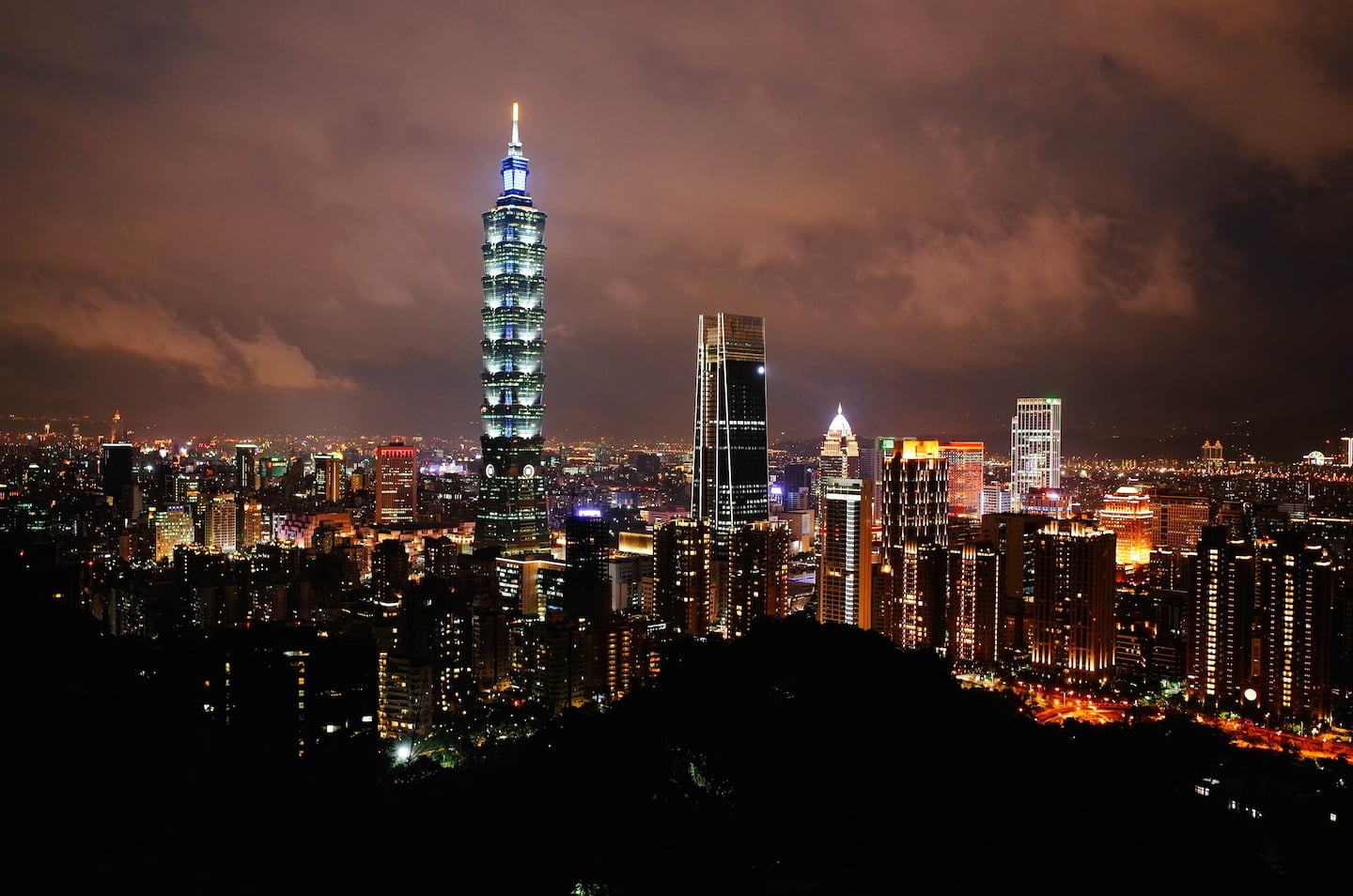
The Business of Fashion
Agenda-setting intelligence, analysis and advice for the global fashion community.

Agenda-setting intelligence, analysis and advice for the global fashion community.

Compared to Taiwan’s luxury sales – which have continued growing over the past year due to the limited impact of the pandemic – Hong Kong’s market has been hard hit by Covid-19, combined with political unrest and a lack of mainland Chinese tourists, Euromonitor International’s Luxury Goods 2021 Report reveals.
While Hong Kong’s personal luxury market contracted from $11.7 billion to $6.8 billion between 2019 and 2020, Taiwan’s grew from $7.2 billion to $7.5 billion, according to Euromonitor data. The report also noted that affluent shoppers in mainland China and Taiwan were the only ones globally to enjoy positive income gains last year.
Meanwhile, the report also revealed that mainland China outpaced Japan as Asia Pacific’s leading personal luxury market. Though the region as a whole saw sales drop by 7 percent in 2020, sales are expected to rise by a compound annual growth rate (CAGR) of 10 percent to account for 40 percent of the global sector by 2025.
China and Korea are leading the region’s recovery; Euromonitor expects that the countries will see sales growth hit pre-pandemic levels by late 2021. The former will continue to drive growth for brands and make up 41 percent of personal luxury sales in the region by 2025.
This week’s round-up of global markets fashion business news also features Korean shopping app Ably, Kenya’s second-hand clothing trade and the EU’s bid to curb forced labour in Chinese cotton.
From Viviano Sue to Soshi Otsuki, a new generation of Tokyo-based designers are preparing to make their international breakthrough.
This week’s round-up of global markets fashion business news also features Latin American mall giants, Nigerian craft entrepreneurs and the mixed picture of China’s luxury market.
Resourceful leaders are turning to creative contingency plans in the face of a national energy crisis, crumbling infrastructure, economic stagnation and social unrest.